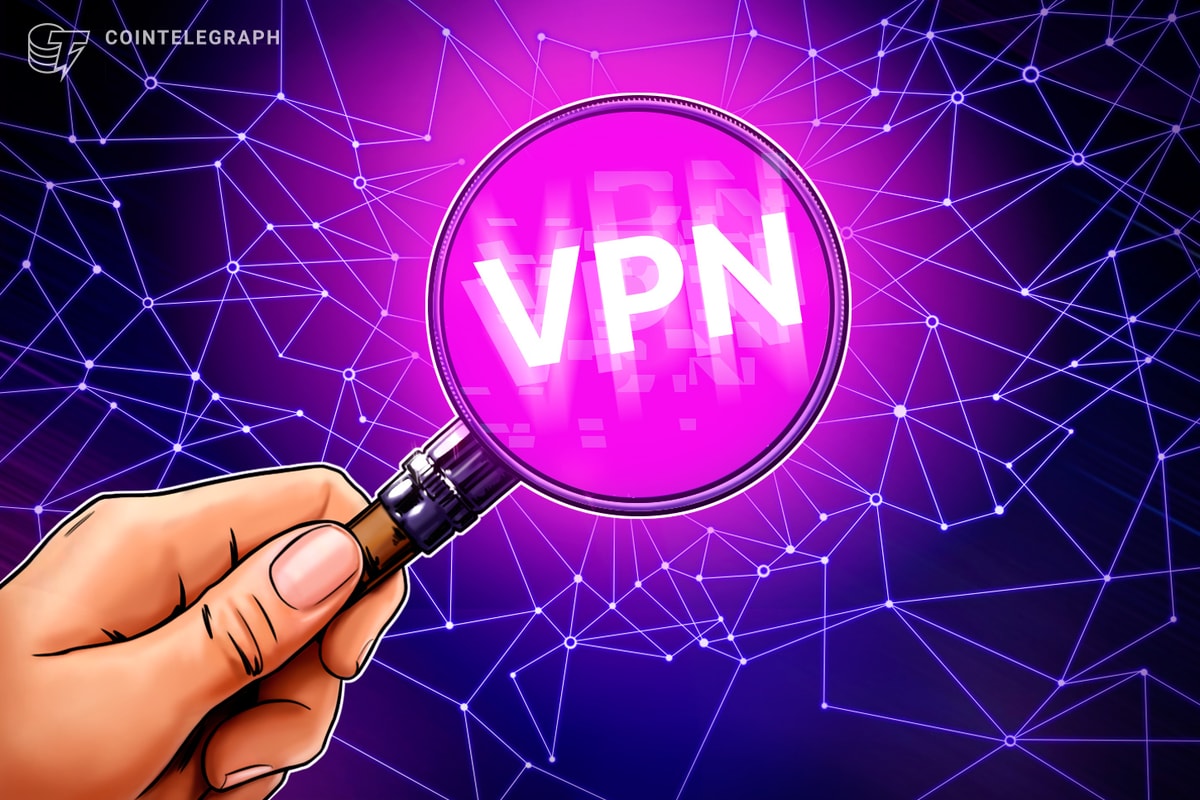While Skype has proved to be a great leap in telecommunications, a new service called Bitphone is attempting to reinvent and improve how we communicate by using bitcoin as low-cost infrastructure and payment method for encrypted calls right from your browser.
The Evolution of the Telephone
The telephone has actually made a lot of progress over the last generation. Remember back in the 1980’s when you had to deposit US$0.25 to make a call on the payphone?
You had to share a phone, and its germs, with who-knows-who, if you could find a public phone that wasn’t broken. Common pay phones didn’t take dollars, pennies, or debit cards. Imagine making a public phone call with a credit card?
Imagine trying to do any basic phone call with your credit card?
The processing fees are too high, and even Skype makes you deposit US$10 into an account balance. What if you could use bitcoin and its innovative low-cost fee infrastructure to be perfect payment mechanism for a simple-to-use payphone.
Don’t most people have cell phones now? Sure do! Out of the 7.2 billion people on Earth, about 6 billion have access to mobile phones. Only 4.5 billion have access to working toilets. The big question is how do those 6 billion people pay for their cell phones?
The most common answer, worldwide, is through pre-paid programs. In the US, 25 percent of American mobile phone customers use a pre-paid plan, but this pales in comparison to most other parts of the world. In Western Europe, 70 percent use prepaid. In the world’s largest markets, i.e. China, India, and Africa, pre-paid phone usage reaches 70, 95, and 99 percent, respectively.
Let’s say you have a smartphone. Most carriers will tell you that they offer “Unlimited talk and text” but it’s not true. If you have a current plan, you know that all the major carriers have dropped the idea of “unlimited data.” Even plans that claimed to offer unlimited minutes actually have a fair usage policy which is, in effect, a limit. By charging for usage, they can limit usage and/or bring in the money that they feel is required to support it.
Since the Rockin’ 80’s, phone companies have come a long way in the technology department. When the internet provided a high enough bandwidth level to support voice, many companies began switching from traditional PSTN phone lines to using VoIP (Voice over IP) which allows for cheaper calls because the calls are handled by the internet’s infrastructure instead of the carrier.
In the early days of VoIP this lead to bad voice quality as the internet didn’t allow for packet prioritization and voice packets could get lost or delayed in route, leading to a less than ideal call quality. The sound technology has improved, but VoIP still requires a phone.
Skype Changes Everything
If you have a “Softphone” like Skype, a Mic and Speakers is needed and you have to install software. With the 2003 advent of Skype, users can call and talk to other Skype users without a phone number. They are both registered with Skype, so you no longer need a phone number to connect.
Skype handles the peer-to-peer negotiation via its network and you use a Skype handle to connect. Skype can also call phone numbers, but you need Skype credit because the carriers still charge money when you are using their network to call a phone number. Credits on Skype begin at US$10.
Skype has downsides besides needing credit to call normal phone numbers and the need to download programs. Your information and calls are centralized and being poured over by third parties and state-run agencies. Privacy and Skype just don’t mix, as Cointelegraph has recently chronicled regarding the new, safer alternatives available on the market.
The next-generation in digital phone calling is known as WebRTC, or “Web Real-Time Communications.” WebRTC turns your browser itself into a Skype-like application. It’s built into the latest versions of Chrome & Firefox, and rumors have it being included in Internet Explorer 12. No more software like the softphone or Skype needed, you can just use your browser!

Of course if you want to talk to your friends with WebRTC, you’ll still need some way to “connect” since there is no phone number and no Skype directory; how will your browser find your friend?
This will be beneficial for Web customer support. Imagine just clicking a “Click here to speak with customer service” link on your favorite web-site without needing Skype, or even a phone. Your browser will just ask to use your mic and speakers and connect you. At this point, WebRTC cannot dial a PSTN phone number by itself, so the beat goes on for a perfect phone that offers privacy, convenience, and versatility.
What is BitPhone?
Bitphone, from Solid Cloud, is designed to take the best parts out of all of the above and fuse them into one web-based application, currently in beta. It’s a Web RTC based phone that can call SIP addresses, PSTN Phones and provide Peer-to-Peer communications. It works as an anonymous payphone. You don’t even need to register for its use. You can just go to the website from your phone, Internet Cafe, or local library, deposit some bitcoin, and simply place a call anywhere in the world. Bitcoin and its superior ability to utilize cost-efficient micro-payments takes care of the rest.
“Skype is great for Peer-to-Peer communications and talking with your friends and family,” Gavin Stevens, founder of Solid Cloud LLC and Bitphone told Cointelegraph. “Skype does need to be installed however which can't be done on many corporate or public computers. When calling phones, Skype's rates are quite high and the US$10 Skype credit minimum which you'll never get back is frustrating.”
He continued:
“Bitphone is ideal due to its portable nature ‘No install required’ We also offer cheaper rates than Skype for registered users. Plus you only deposit what you need and can get your change back when you're done.”
For those who do register at BitPhone.net, they’ll be able to get a dedicated SIP address, phone number, and a WebRTC URL to give to others to place free calls and conference calls. Bitphone.net is the first new technology phone service that combines WebRTC/Bitcoin/PSTN/SIP/Peer-Peer/SMS all in one service. You’ll be able to place calls to/from any device that has an internet connection and mic/speakers. Bitphone turns any web browser into a payphone where you can place global, encrypted calls.

“Bitphone uses 2048 bit RSA protection for all usage of the site, registered or not,” added Stevens. “To break a 2048-bit SSL certificate would take a little over 6.4 quadrillion years of computer processing time. The WebRTC protocol also includes DTLS encryption. DTLS is a derivative of SSL, meaning your data will be as secure as using any standard SSL-based connection.” He added:
“WebRTC media streams are encrypted with SRTP, the SRTP key exchange is performed end-to-end with DTLS-SRTP. This ensures that any kind of man-in-the-middle attack can be detected and the two WebRTC endpoints can be sure that nobody can spy on their conversation. DTLS is standardized and built into all browsers that support WebRTC. We plan to include a video portal feature in a future version of Bitphone, utilizing more of the capabilities that WebRTC provides.”
Users can change “Caller ID” to anything they desire. Users can “pay-as-you-go,” with no commitment or contracts. Anonymous calls can be made hiding your Caller ID. It works on most devices and smartphones. Plus, refund your bitcoin balance whenever you'd like, and no credit card payments, since only digital currencies are accepted by Bitphone. Bitphone accepts bitcoin, dash, litecoin, dogecoin, startcoin, ripple, mastercoin, namecoin, and many others. You can use the website without registering, but registered users save 15-25% on rates.
First trial
Bear in mind that it is in beta, so there may still be some operational bugs to be worked out. I tried it personally and loaded an account with bitcoins easily, but the call feature did not appear on my first try with the service. The problem was that I was using a Mac with Chrome, and this combination requires certain Flash installations. I switched to the Safari browser, and not only did it work, but I spoke to someone I hadn’t been able to reach by phone in over six months!
I’m impressed with the concept and the simple, user-friendly nature of Bitphone. After using it, I feel this new service has the potential to be a bulls-eye hit with a target market that is clearly looking for a more secure P2P option in telecommunications than Skype currently offers.
The best part is it is custom-built to work directly with the growing global Bitcoin community, not as a secondary revenue stream for one of the legacy providers. This was made by a Bitcoin enthusiast for the community and what Bitcoin user wouldn’t support that?











